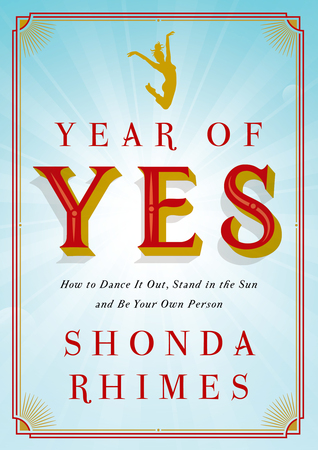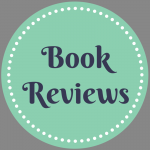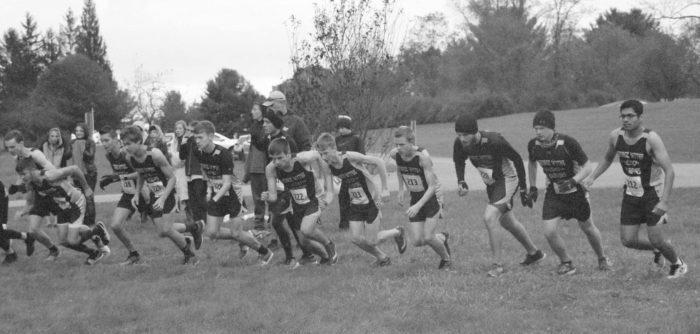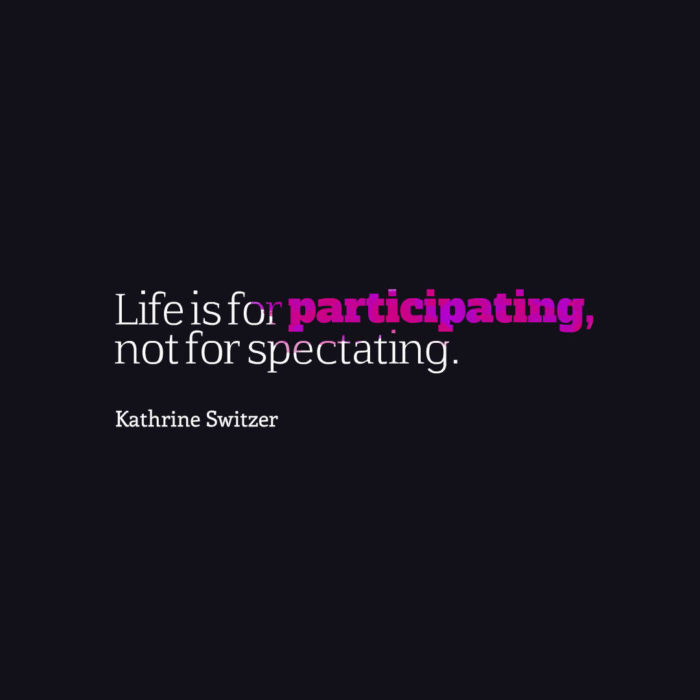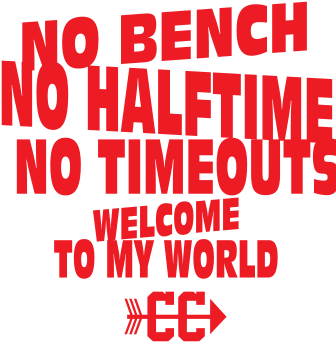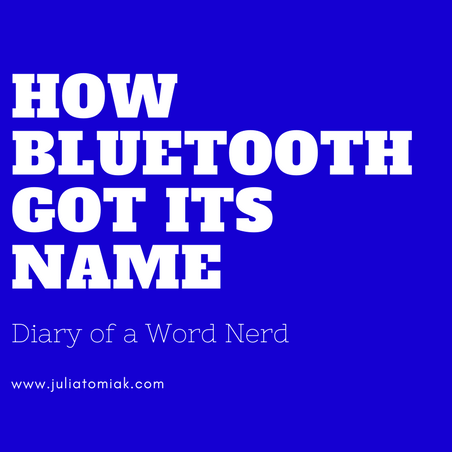This week, I had a mini mama breakdown, and I spent the better part of Monday night planning, in intricate detail, my escape from the demands of motherhood, right down to the amount of cash I would need to withdraw from the bank so that my family couldn’t track me via my credit card charges. Sometimes the nagging, the scheduling, the folding of laundry, it just gets too much, especially when all of that hard work is rewarded with dirty looks, hostile answers, and whining.
If, like me, you’re feeling a tad overwhelmed, and you would like to read something light, yet thoughtful, that makes you laugh and gives you hope, then I highly suggest Year of Yes: How to Dance It Out, Stand in the Sun and Be Your Own Person by Shonda Rhimes. Ms. Rhimes is the talented creator and executive producer of Grey’s Anatomy, Private Practice, and Scandal, and her sassy style will have you chuckling and wishing you could have lunch with her tomorrow.
Premise
During Thanksgiving dinner prep one year, Shonda’s older sister Delorse uttered six words that would change Shonda’s life:
You never say yes to anything.
At first Shonda blew her sister off. But those six words stuck with her, and a little later, Shonda made a life changing decision. For one year, she would say yes to all of the opportunities that came her way, even if they scared her. The result? An appearance on Jimmy Kimmel, a ton of weight loss, and a much happier Shonda.
What I liked
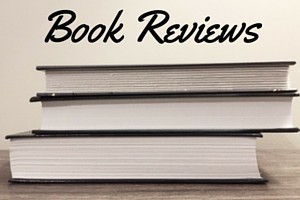 One of the first things Shonda said yes to was giving a commencement speech at Dartmouth College, her alma mater. Shonda dreaded public speaking, but she overcame her fear and shared some very candid and valuable life lessons with those young men and women.
One of the first things Shonda said yes to was giving a commencement speech at Dartmouth College, her alma mater. Shonda dreaded public speaking, but she overcame her fear and shared some very candid and valuable life lessons with those young men and women.
My favorite part of that speech was lesson number three: ANYONE WHO TELLS YOU THEY ARE DOING IT ALL PERFECTLY IS A LIAR. I hate the ridiculous myth circulating in our culture today that people, especially women, can do it all well. I literally cheered when Shonda shared that when people ask her, “How do you do it all”, the truthful answer is, “I don’t.” She says, when discussing the struggle to balance work with family:
You never feel 100 percent okay, you never get your sea legs, you are always a little nauseous.
Something is always lost.
Something is always missing.
Shonda also has some validating words about motherhood. She humorously recalls how, when it was announced at a PTA meeting that items donated to the weekly bake sale had to be home-made, she loudly proclaimed her indignation (dropping “F-bomb” before she could stop herself). She was a working mom, and she simply didn’t have time to bake. Some might argue that motherhood is a job too. To those people, Shonda says:
Being a mother isn’t a job.
It’s who someone is…
You can quit a job. I can’t quit being a mother. I’m a mother forever. Mothers are nver off the clock, mothers are never on vacation. Being a mother redefines us, reinvents us, destroys and rebuilds us.
And I say, Amen, sister.
Shonda encourages women to stop judging each other and to support each other, whether they choose to work or stay at home. “There’s room enough for everybody here. This is a big, big maternity tent.”
I love this. I have often felt undervalued because I don’t work outside the home. But Shonda reminds us that we are all valuable, that choosing to work or choosing to stay home are both worthy of respect, and that “motherhood remains equally, painfully death defying and difficult either way”.
What I didn’t like
Um, nothing.
Recommendation
If you enjoy fun, yet insightful memoirs like Glitter and Glue or Yes Please, you would like Year of Yes. It’s a great book to read during the hustle of the holiday season.
Can you recommend a fun memoir to ease the stress of the holiday season? And, be thinking about your favorite reads of 2017, because next week I will open up my annual Favorite Books contest. Everyone who suggests a book will be entered into a drawing for a Barnes and Noble gift card.
Happy reading!


